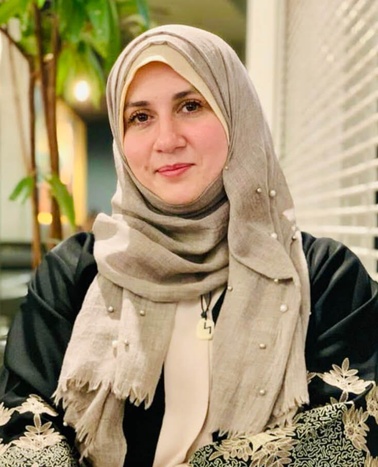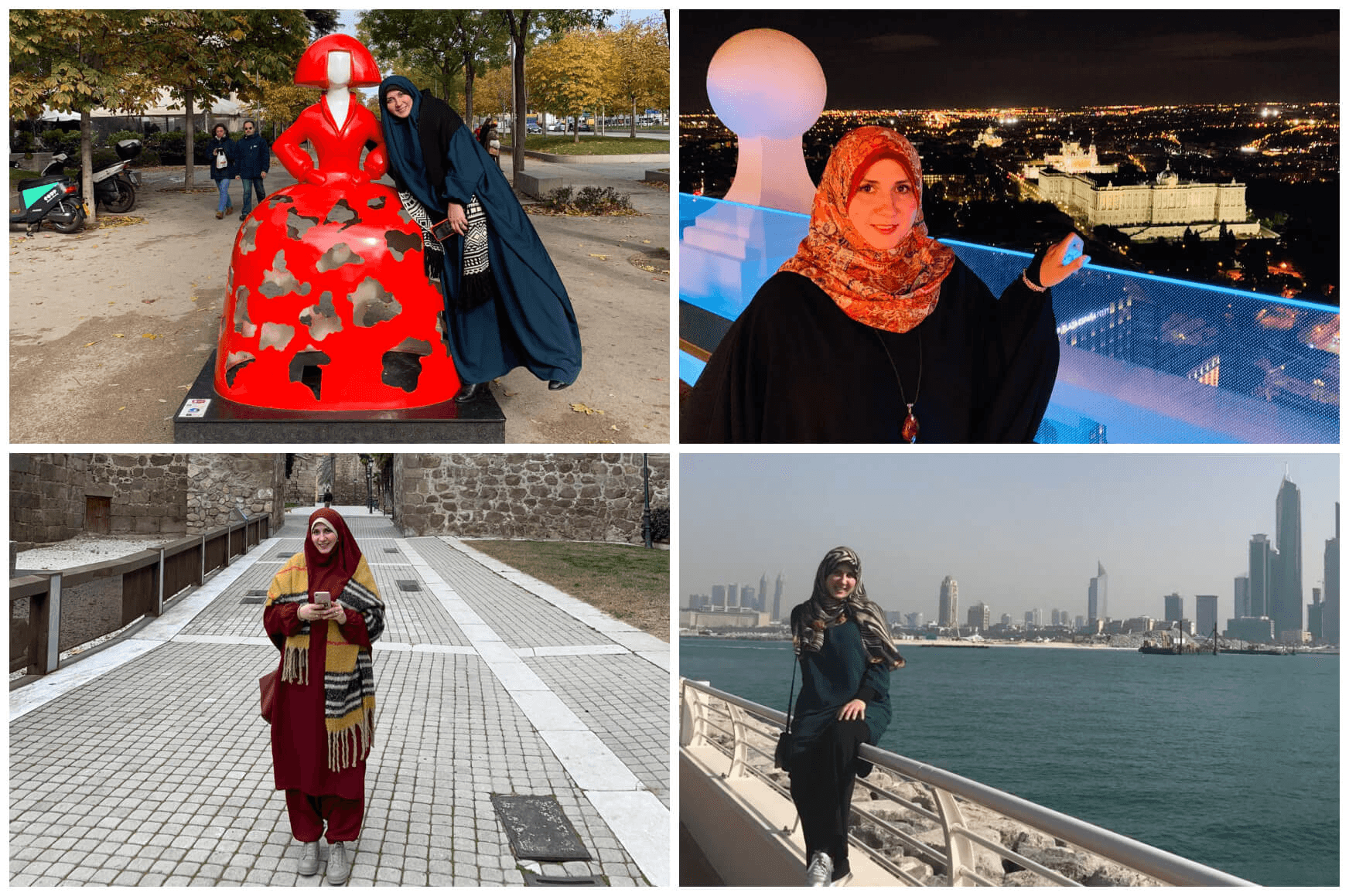
Suzan Awinat
I’m originally from Jordan and, during my career, I have dedicated myself to understanding Natural Language Processing (NLP), including pursuing a PhD in computer engineering and telecommunication, with a focus on NLP and Arabic poem generation. I am now an adjunct professor at IE University in the Bachelor in Computer Science & Artificial Intelligence program. There, I often work in the Robotics & AI Lab helping students gain proficiency with robots—I don’t want it to be a daunting subject for any graduate. I am also an avid poet and writer who also loves to be surrounded by nature.
"The goal for the Robotics & AI Lab is to develop innovative solutions and technologies that can improve people's lives […] and to inspire and educate the next generation of robotics engineers and scientists."
Sharing her expertise in robotics and artificial intelligence
Suzan has long dreamed of a career in academia. She earned both her bachelor’s and master’s degrees in Computer Science at the University of Jordan, with a focus on developing her skills in pattern recognition. And when the opportunity arose to work as a teaching assistant alongside her studies, it was the first sign that her dream was coming true and she hasn’t looked back since.
Throughout her long, accomplished career, Suzan has worked in a number of companies and academic institutions across the world—her ultimate goal, however, was to teach at IE University. She achieved this milestone late last year, joining the university as an adjunct professor in the Bachelor in Computer Science & Artificial Intelligence.
Suzan is now the head of the new Robotics & AI Lab, supervising students as they explore both in a hands-on learning environment. She aims to bridge the gap between students and the world of robotics, determined to change the perception that the field is a reserve of geniuses with elite mathematical capabilities. Her goal is to encourage every student to build their own robot before graduation. Suzan aspires to make the Lab a hub for project-based robotics education for various STEM disciplines.
As she sees it, the Robotics & AI Lab provides an ideal ecosystem to develop innovative solutions and technologies that will drive positive change across several fields, including education, healthcare, manufacturing and transportation. What’s more, it will inspire and educate the next generation of robotics engineers and scientists. Her vision is to create a community of creative, curious and collaborative students, researchers and industry partners that share knowledge to tackle today’s complex challenges.

Before taking her class, Suzan recommends that students read Artificial Intelligence: A Modern Approach by Stuart Russell and Peter Norvig. As she explains, the book provides a broad overview of the topics covered in her classes and delivers knowledge in an accessible way. Laying this groundwork allows students to then delve into the deeper issues and focus on real-life applications.
In terms of the future, Suzan believes that for AI technology, the only way is up. AI will continue to improve and robots will only become more intelligent and autonomous, requiring minimal human intervention. This is an exciting development for the field, especially as her students learn to grapple with the complexities of AI use and adoption. She also believes that robots’ role in society will become more important and we must learn to adapt to this change. However, Suzan appreciates the ethical dimension that comes with this innovation, incorporating this into her curriculum to provide students with a comprehensive, well-rounded perspective.
